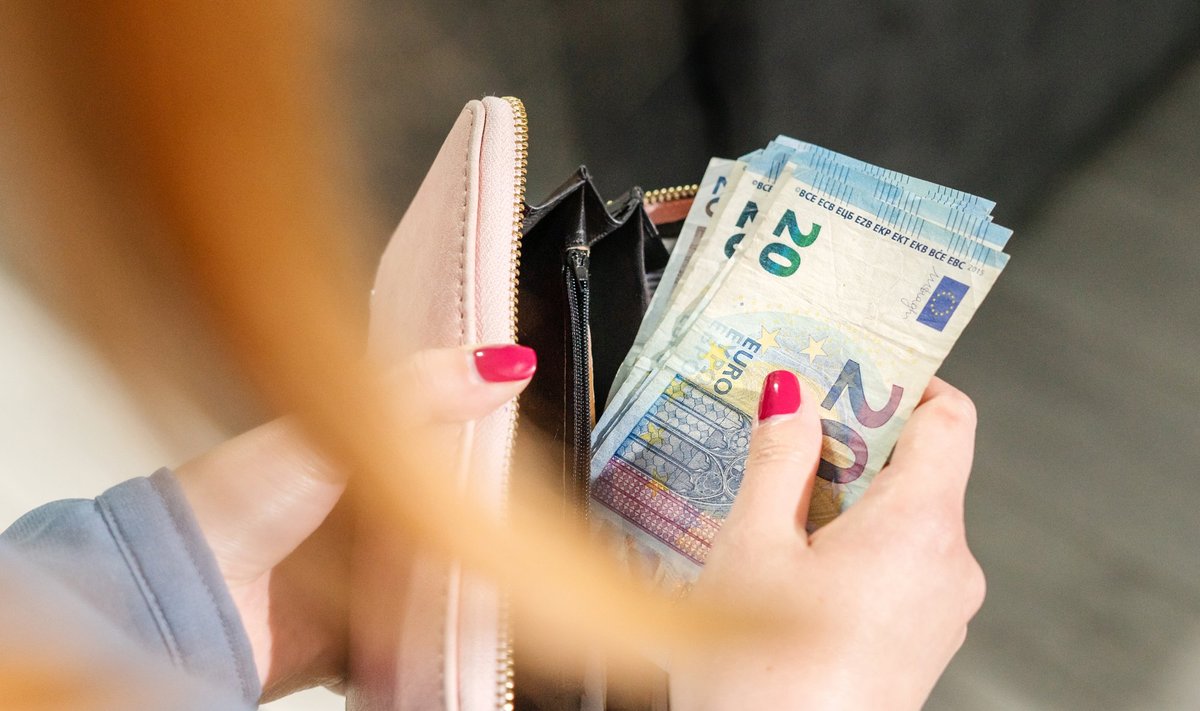Marius Dubnikovas, a vice president of the Lithuanian Business Confederation, says some goods will become more expensive mainly due to rising global prices for raw materials, first of all, metals and grains.
"We can expect to see an inflation rate of more than 5 percent by the end of the year and people will feel that. It will happen not because the prices for electricity and gas went up, but it will happen because practically absolutely everything is becoming more expensive, including raw materials and labor costs which are going up very fast," Dubnikovas said.
Laura Mociunaite, an economist from the central Bank of Lithuania, says price rises are seen now already, pushed up by post-pandemic demand, especially for hairdressers and similar services.
"Medical and dental services are also significantly affected as the supply was previously restricted, therefore, we see quite a lot of demand for these services. And we seer that in some cases it contributes to the increase in the prices for these services," she said.
The economist believes the growth in prices will be temporary and "once that excessive demand goes down, that pressure on services prices should also go down".
Prices rose 0.6 percent in May, from April, in Lithuania, according to the country's statistics service. Prices have been rising for the past five months.
Annual inflation stood at 3.6 percent and the average annual inflation was 1.2 percent, compared to 2.5 and 0.9 percent in April respectively.
Electricity prices for the majority of the household will go up by around 8 percent on average in Lithuania in July, and gas prices will go up 26-50 percent.
